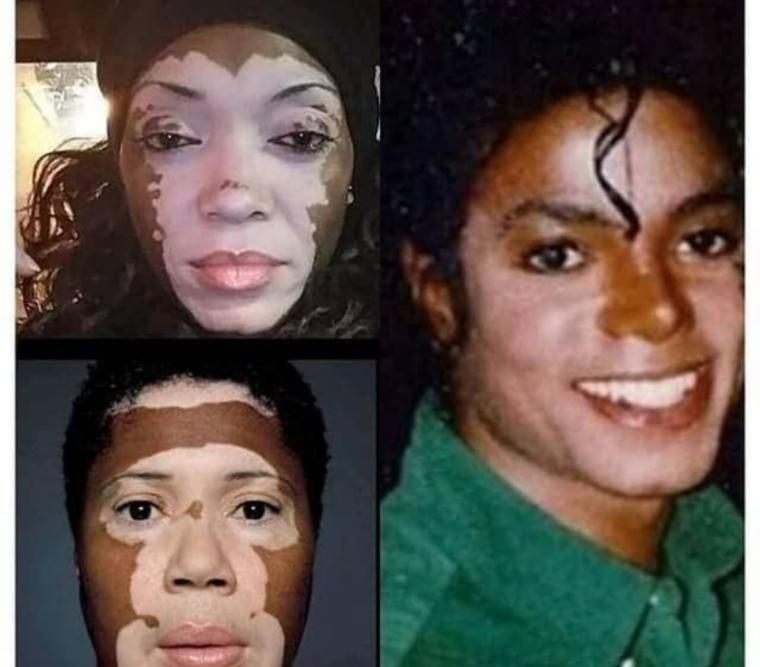Michael Jackson, the King of Pop, captivated the world not only with his music but also with his enigmatic persona. One of the most noticeable aspects of his appearance transformation over the years was the change in his skin color, from his natural brown complexion to a noticeably lighter tone. This alteration sparked widespread speculation and curiosity, leading many to wonder: why did Michael Jackson’s skin turn white?
There are several factors to consider when examining Michael Jackson’s skin transformation. Firstly, the legendary singer himself attributed his lighter skin tone to the skin condition vitiligo. Vitiligo is a pigmentation disorder characterized by the loss of melanin, the pigment that gives skin its color. Jackson claimed that he had been diagnosed with vitiligo, which caused patches of his skin to lose pigment and appear lighter in color.

While vitiligo may have played a role in Michael Jackson’s skin transformation, some experts and observers have also suggested that he may have undergone additional medical treatments to further lighten his complexion. Rumors of skin bleaching or depigmentation treatments have circulated for years, although Jackson consistently denied undergoing any procedures beyond treatments for his diagnosed skin condition.
Beyond medical explanations, there are also cultural and societal factors to consider when exploring Michael Jackson’s skin transformation. Throughout his life, Jackson faced scrutiny and criticism over his appearance, including questions about his racial identity and accusations of trying to distance himself from his Black heritage. In a 1993 interview with Oprah Winfrey, Jackson addressed these accusations, stating that he was proud of his heritage and had never tried to alter his appearance to appear White.

Ultimately, the reasons behind Michael Jackson’s skin transformation are complex and multifaceted. While he attributed his lighter skin tone to vitiligo, the full extent of his skin alteration remains a subject of debate and speculation. Regardless of the factors at play, Jackson’s legacy as a musical icon and cultural phenomenon continues to endure, leaving an indelible mark on the world of music and entertainment.
In conclusion, Michael Jackson’s skin transformation from brown to white was influenced by a combination of medical, cultural, and societal factors. While he cited vitiligo as the primary reason for his lighter complexion, the topic remains a subject of intrigue and discussion among fans and observers alike. Despite the controversy surrounding his appearance, Jackson’s impact on the music industry and popular culture remains undeniable, solidifying his status as one of the greatest entertainers of all time.





